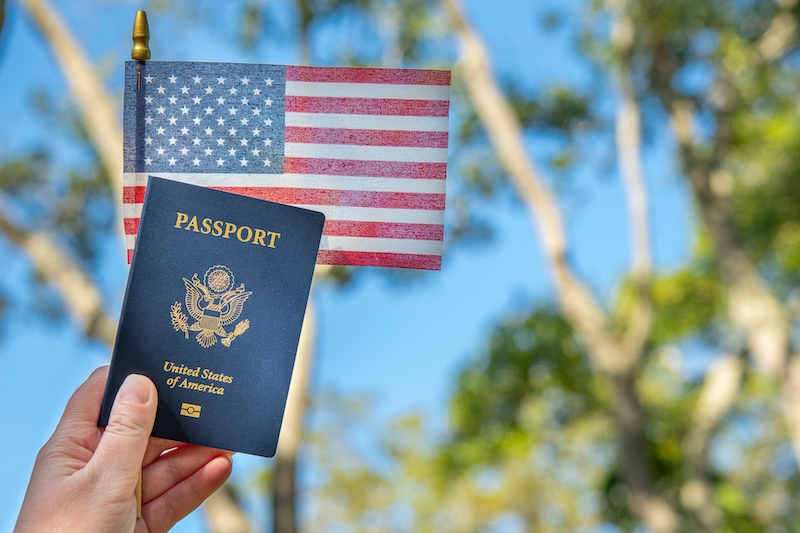

Birthright citizenship is a legal concept enshrined in the Fourteenth Amendment of the U.S. Constitution, which was ratified shortly after the Civil War. To ensure that children of former slaves were granted citizenship, Congress introduced the amendment, which states, “All persons born or naturalized in the United States, and subject to the jurisdiction thereof, are citizens of the United States.” According to this amendment, children born in the U.S. are automatically granted citizenship, regardless of their parents’ legal status.
Most legal experts agree that a child born in the U.S. is a U.S. citizen by default, even if the parents are undocumented. This legal principle, rooted in centuries of English common law, is not unique to the United States. Over 30 other countries, including Canada, also provide birthright citizenship.
The question of whether a president can override a constitutional amendment through executive action remains unresolved. While the U.S. Supreme Court has never directly addressed birthright citizenship, it has ruled on similar issues. A challenge to the practice, however, could soon bring this question before the Court, with the Trump administration potentially pushing for a change in interpretation.
Legal Precedents and the Role of the Supreme Court
The U.S. Supreme Court has indirectly touched on issues related to birthright citizenship, most notably in the 1898 case of United States v. Wong Kim Ark. In this landmark decision, the Court ruled that a child born in San Francisco to Chinese immigrant parents was indeed a U.S. citizen, despite the parents not being U.S. citizens themselves. However, a critical distinction in this case was that the parents had been lawfully admitted to the country. This nuance could be significant if the Trump administration attempts to end birthright citizenship for children of undocumented immigrants.
To alter this long-standing precedent, one would have to challenge the notion that all children born in the U.S. should be granted the same rights, regardless of their parents’ legal status. Given that there are currently an estimated 11 million undocumented individuals living in the U.S., any proposed changes to the law may face substantial opposition. While immigration reform is needed, altering the U.S. Constitution is not the solution to the country’s immigration issues.
Constitutional Protections and the Path Forward
The U.S. Constitution guarantees certain protections, including equal protection under the law, and it prevents states from depriving individuals of life, liberty, or property without due process. These fundamental rights may be at odds with any efforts to end birthright citizenship, making it difficult to justify such a drastic change through executive action alone.
As President Trump moves forward with his plans in 2025, it remains to be seen how the administration will address these constitutional challenges. However, one thing is certain: the U.S. Supreme Court will likely be called upon to address this issue in the near future, revisiting the Wong Kim Ark case and determining whether a new interpretation of birthright citizenship is legally sound.

Christopher Helt, Esq., is deeply committed to advocating for the rights of immigrants, embodying the resilience and triumphs found in their stories of success. As a prominent deportation defense attorney, Helt serves as a pillar of support, ensuring that individuals confronting immigration challenges are not only represented but also empowered to forge a path toward a promising tomorrow.
To learn more about Christopher Helt’s legal services and advocacy efforts, please contact him at (312)-266-0531 or visit his website: https://heltlawgroup.com.


















